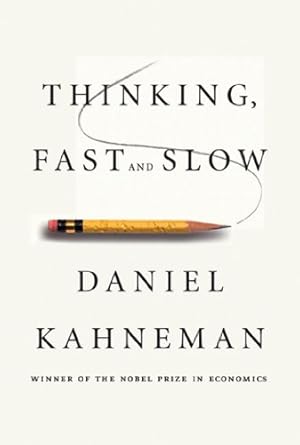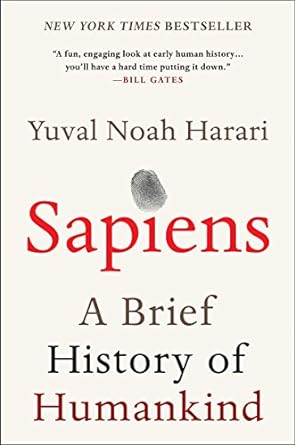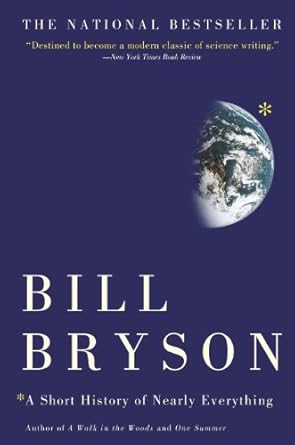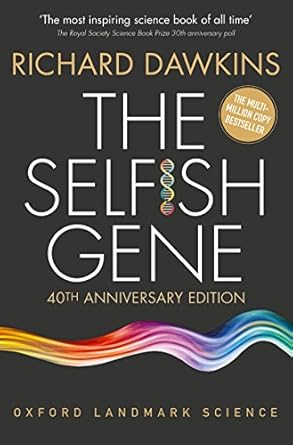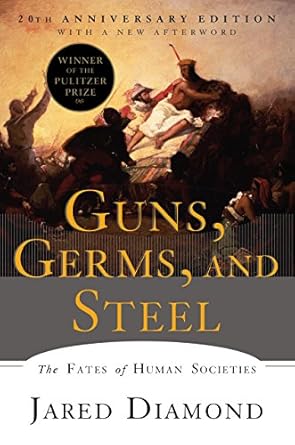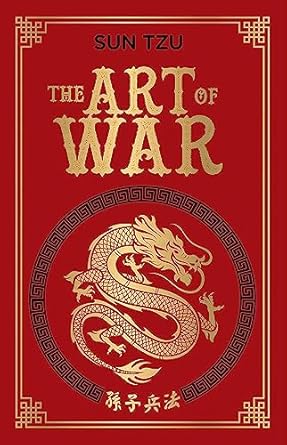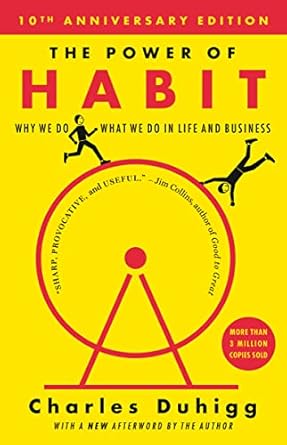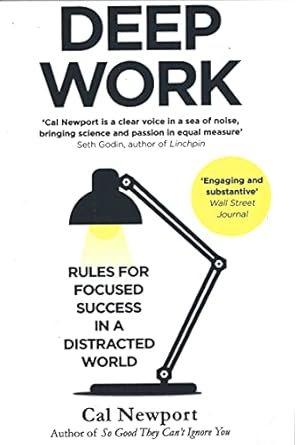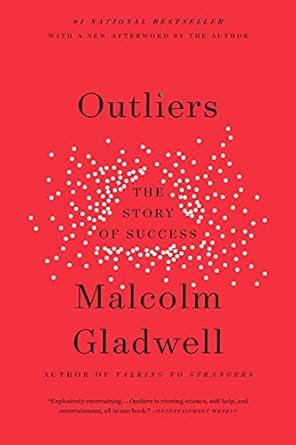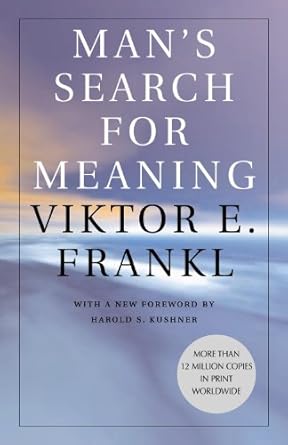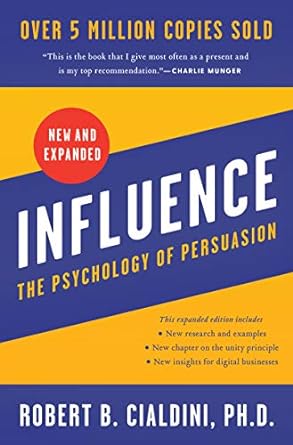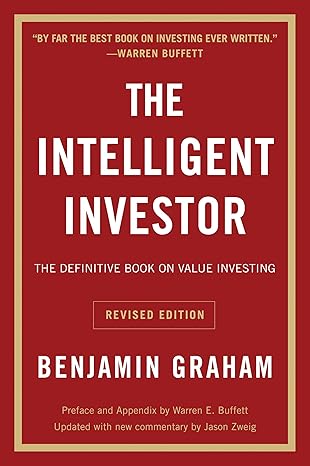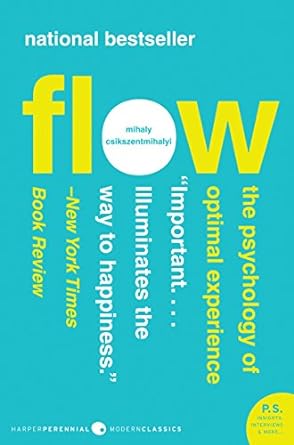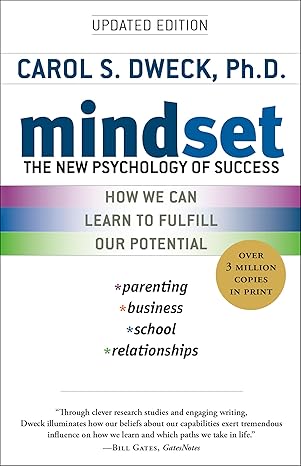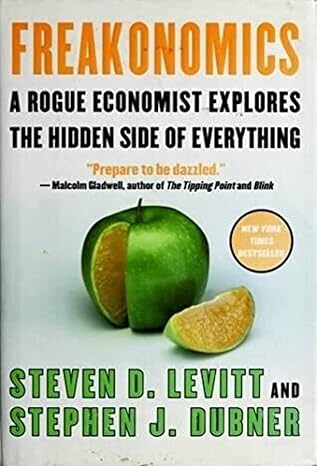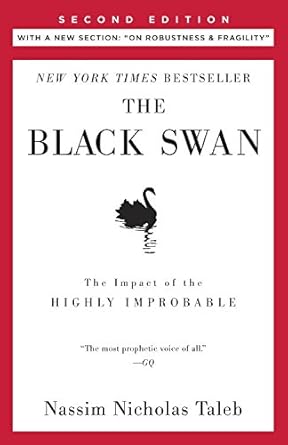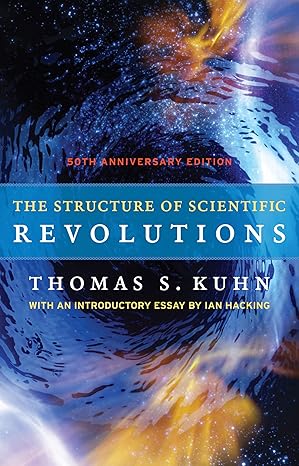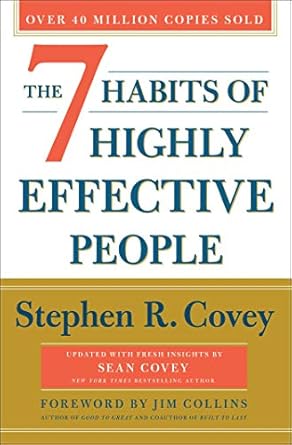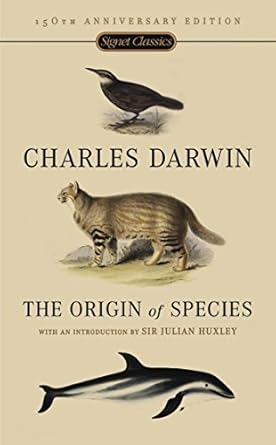Summary: In today's article, I have compiled 20 of the best books that makes you smarter, helping you unlock new insights and broaden your perspective. These are my top 3 picks:
- Thinking, Fast and Slow by Daniel Kahneman
- Sapiens: A Brief History of Humankind by Yuval Noah Harari
- A Short History of Nearly Everything by Bill Bryson
Books that make you smarter are packed with knowledge that can boost your critical thinking, expand your views, and sharpen your mind. They push you to rethink your ideas, introduce you to new concepts, and give you fresh insights across various fields, from science and history to philosophy and self-improvement. Not only do these books help you think better, but they also inspire a lifelong passion for learning, which can lead to growth and success in all areas of life.
TOP 20: Best Books That Make You Smarter
- Thinking, Fast and Slow by Daniel Kahneman
- Sapiens: A Brief History of Humankind by Yuval Noah Harari
- A Short History of Nearly Everything by Bill Bryson
- The Selfish Gene by Richard Dawkins
- Guns, Germs, and Steel by Jared Diamond
- The Art of War by Sun Tzu
- The Power of Habit by Charles Duhigg
- Deep Work by Cal Newport
- Outliers: The Story of Success by Malcolm Gladwell
- Man's Search for Meaning by Viktor Frankl
- Influence: The Psychology of Persuasion by Robert Cialdini
- Meditations by Marcus Aurelius
- The Intelligent Investor by Benjamin Graham
- Flow: The Psychology of Optimal Experience by Mihaly Csikszentmihalyi
- Mindset: The New Psychology of Success by Carol S. Dweck
- Freakonomics by Steven D. Levitt and Stephen J. Dubner
- The Black Swan by Nassim Nicholas Taleb
- The Structure of Scientific Revolutions by Thomas S. Kuhn
- The 7 Habits of Highly Effective People by Stephen R. Covey
- On the Origin of Species by Charles Darwin
1. Thinking, Fast and Slow
- Author: Daniel Kahneman
- About: Explores the two systems of thought—fast, intuitive thinking and slow, deliberate reasoning—and how they shape our judgments.
- Style of writing: Analytical, engaging, and research-based narrative.
- Length: Approximately 150,000 words
- Year written: 2011
- Emotional impact: Provokes deep self-reflection by revealing our cognitive biases.
- Difficulty level: Moderate to high (complex concepts and research details)
- Why read it: To gain insight into how we think and make decisions, improving your self-awareness.
2. Sapiens: A Brief History of Humankind
- Author: Yuval Noah Harari
- About: A sweeping overview of human history, from the emergence of Homo sapiens to the modern age.
- Style of writing: Accessible, narrative-driven, and thought-provoking.
- Length: Approximately 120,000 words
- Year written: 2011
- Emotional impact: Inspires reflection on humanity’s journey and our collective future.
- Difficulty level: Moderate
- Why read it: To understand the major forces that have shaped human society and evolution.
3. A Short History of Nearly Everything
- Author: Bill Bryson
- About: An exploration of scientific discoveries that explain the universe, Earth, and life, presented in an engaging way.
- Style of writing: Humorous, conversational, and informative.
- Length: Approximately 140,000 words
- Year written: 2003
- Emotional impact: Sparks wonder and curiosity about the natural world.
- Difficulty level: Easy to moderate
- Why read it: To gain an accessible understanding of science and the history behind our world.
4. The Selfish Gene
- Author: Richard Dawkins
- About: Introduces a gene-centered view of evolution, explaining how genes drive behavior and survival.
- Style of writing: Thought-provoking, detailed, and scientific.
- Length: Approximately 100,000 words
- Year written: 1976
- Emotional impact: Challenges conventional ideas about life and evolution, leaving a lasting intellectual impression.
- Difficulty level: Moderate to high (dense scientific concepts)
- Why read it: To delve into evolutionary biology and rethink the mechanisms of natural selection.
5. Guns, Germs, and Steel
- Author: Jared Diamond
- About: Explores how geography and environment influenced the fate of human societies and the course of history.
- Style of writing: Comprehensive, analytical, and accessible.
- Length: Approximately 200,000 words
- Year written: 1997
- Emotional impact: Reshapes your understanding of global history and civilization.
- Difficulty level: Moderate
- Why read it: To uncover the hidden factors that have shaped world history.
6. The Art of War
- Author: Sun Tzu
- About: An ancient treatise on military strategy that applies to conflict, leadership, and strategic thinking in various areas of life.
- Style of writing: Concise, aphoristic, and philosophical.
- Length: Approximately 15,000 words
- Year written: 5th century BC (approximate)
- Emotional impact: Its timeless wisdom resonates across centuries.
- Difficulty level: Moderate (simple language but deep strategic concepts)
- Why read it: For its enduring insights into strategy and leadership.
7. The Power of Habit
- Author: Charles Duhigg
- About: Explores how habits are formed, how they function, and how you can change them to improve your life.
- Style of writing: Engaging, research-driven, and practical.
- Length: Approximately 100,000 words
- Year written: 2012
- Emotional impact: Empowers readers to transform their daily routines.
- Difficulty level: Easy to moderate
- Why read it: To learn actionable strategies for personal and professional improvement.
8. Deep Work
- Author: Cal Newport
- About: Advocates for focused, distraction-free work to achieve high levels of productivity and mastery.
- Style of writing: Clear, pragmatic, and motivational.
- Length: Approximately 80,000 words
- Year written: 2016
- Emotional impact: Inspires a commitment to deep, meaningful work.
- Difficulty level: Moderate
- Why read it: To develop strategies for mastering concentration in a digital age.
9. Outliers: The Story of Success
- Author: Malcolm Gladwell
- About: Investigates the hidden factors and circumstances behind high levels of success.
- Style of writing: Engaging, narrative-driven, and accessible.
- Length: Approximately 90,000 words
- Year written: 2008
- Emotional impact: Encourages a new perspective on what it takes to succeed.
- Difficulty level: Easy
- Why read it: To discover the unexpected factors that contribute to extraordinary success.
10. Man's Search for Meaning
- Author: Viktor Frankl
- About: A memoir that intertwines personal experiences in concentration camps with a psychological exploration of finding meaning in life.
- Style of writing: Reflective, profound, and deeply moving.
- Length: Approximately 50,000 words
- Year written: 1946
- Emotional impact: Highly emotional and transformative.
- Difficulty level: Moderate
- Why read it: To gain insights into resilience and the importance of purpose in life.
11. Influence: The Psychology of Persuasion
- Author: Robert Cialdini
- About: Explores the key principles that drive human persuasion and influence.
- Style of writing: Research-based, engaging, and practical.
- Length: Approximately 70,000 words
- Year written: 1984
- Emotional impact: Leaves a strong impression about the power of subtle influence in everyday interactions.
- Difficulty level: Easy to moderate
- Why read it: To understand and harness the principles of persuasion in personal and professional contexts.
12. Meditations
- Author: Marcus Aurelius
- About: A series of personal reflections on Stoic philosophy, offering guidance on life and leadership.
- Style of writing: Philosophical, contemplative, and timeless.
- Length: Approximately 20,000 words
- Year written: Around 180 AD
- Emotional impact: Deeply reflective and enduring.
- Difficulty level: Moderate to high (conceptual depth)
- Why read it: For timeless wisdom and practical guidance on how to live a virtuous life.
13. The Intelligent Investor
- Author: Benjamin Graham
- About: A foundational text on value investing and financial strategy.
- Style of writing: Analytical, detailed, and instructive.
- Length: Approximately 120,000 words
- Year written: 1949
- Emotional impact: Offers a lasting framework for understanding investment principles.
- Difficulty level: High (due to technical financial concepts)
- Why read it: To build a robust understanding of investing and long-term financial planning.
14. Flow: The Psychology of Optimal Experience
- Author: Mihaly Csikszentmihalyi
- About: Explores the state of “flow”—a condition of deep engagement and fulfillment in activities.
- Style of writing: Academic yet accessible, with a mix of research and real-life examples.
- Length: Approximately 100,000 words
- Year written: 1990
- Emotional impact: Inspires a pursuit of meaningful and engaging experiences.
- Difficulty level: Moderate
- Why read it: To learn how to achieve peak experiences and enhance overall well-being.
15. Mindset: The New Psychology of Success
- Author: Carol S. Dweck
- About: Explores how adopting a growth mindset can transform your personal and professional life.
- Style of writing: Accessible, research-driven, and motivational.
- Length: Approximately 80,000 words
- Year written: 2006
- Emotional impact: Encourages lasting self-improvement and resilience.
- Difficulty level: Easy to moderate
- Why read it: To understand how shifting your mindset can unlock your potential for success.
16. Freakonomics
- Author: Steven D. Levitt and Stephen J. Dubner
- About: Uses economic theory to explore and explain hidden incentives and unexpected behaviors in everyday life.
- Style of writing: Conversational, engaging, and thought-provoking.
- Length: Approximately 70,000 words
- Year written: 2005
- Emotional impact: Leaves readers questioning conventional assumptions.
- Difficulty level: Easy
- Why read it: To see economics applied in surprising ways that challenge common wisdom.
17. The Black Swan
- Author: Nassim Nicholas Taleb
- About: Examines the profound impact of rare, unpredictable events and our tendency to ignore them.
- Style of writing: Provocative, analytical, and challenging.
- Length: Approximately 100,000 words
- Year written: 2007
- Emotional impact: Leaves a strong impression regarding the nature of uncertainty and risk.
- Difficulty level: High (dense and conceptually demanding)
- Why read it: To rethink how you perceive risk, uncertainty, and the limits of prediction.
18. The Structure of Scientific Revolutions
- Author: Thomas S. Kuhn
- About: Introduces the concept of paradigm shifts in science, explaining how scientific progress occurs in leaps rather than steady increments.
- Style of writing: Academic, dense, and thought-provoking.
- Length: Approximately 80,000 words
- Year written: 1962
- Emotional impact: Encourages a profound rethinking of how knowledge evolves.
- Difficulty level: High
- Why read it: To understand the dynamics of scientific innovation and the evolution of ideas.
19. The 7 Habits of Highly Effective People
- Author: Stephen R. Covey
- About: Provides practical principles and habits for achieving personal and professional effectiveness.
- Style of writing: Straightforward, motivational, and practical.
- Length: Approximately 90,000 words
- Year written: 1989
- Emotional impact: Leaves a lasting impression with actionable insights that transform daily life.
- Difficulty level: Easy to moderate
- Why read it: To learn effective habits that can significantly boost your productivity and interpersonal skills.
20. On the Origin of Species
- Author: Charles Darwin
- About: Lays out the theory of evolution by natural selection, fundamentally changing our understanding of life on Earth.
- Style of writing: Detailed, scientific, and descriptive.
- Length: Approximately 150,000 words
- Year written: 1859
- Emotional impact: Profoundly influences how we view biological life and natural history.
- Difficulty level: High (due to its scientific depth and older language style)
- Why read it: To explore the foundational ideas of evolutionary biology and gain a deeper appreciation of natural history.
Conclusion
In conclusion, if you're eager to boost your intellectual curiosity, I think these three books are a fantastic starting point. Thinking, Fast and Slow offers a deep dive into how our minds work, Sapiens: A Brief History of Humankind presents a captivating look at our shared journey, and A Short History of Nearly Everything makes science both accessible and engaging. Each of these books brings a unique perspective that can truly transform the way you view the world.

